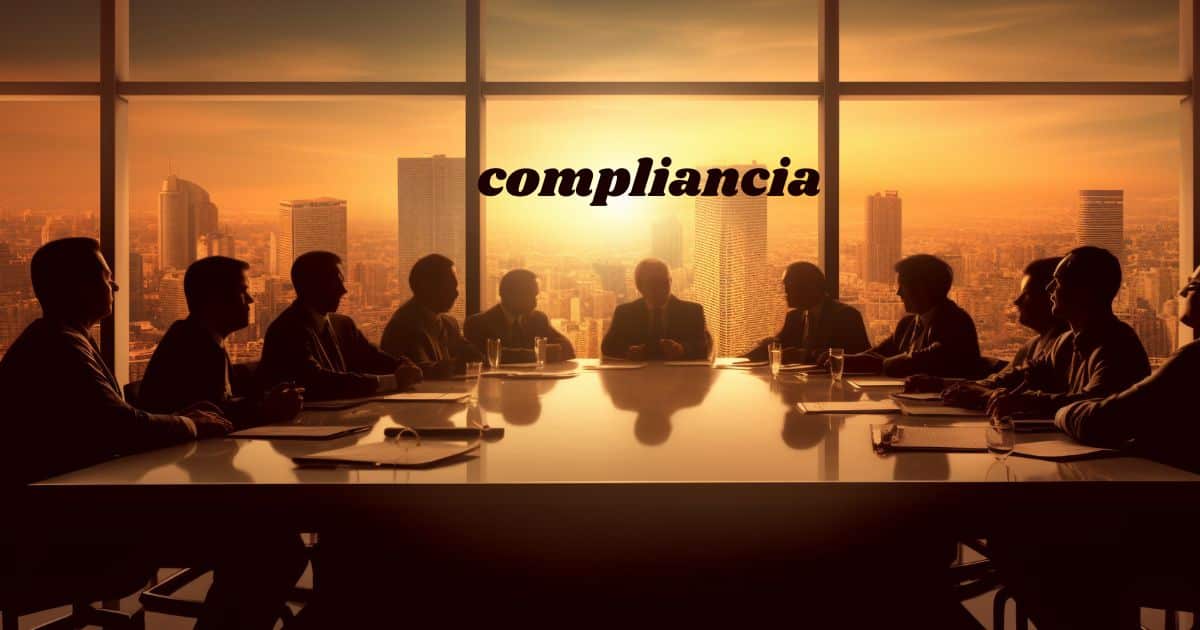In today’s dynamic business environment, Compliância serves as a cornerstone for organizations striving to maintain ethical operations within legal frameworks. Grasping the complexities of compliance, including regulatory requirements and moral principles, is crucial for sustainable governance. This article explores the essential role of compliance, its key components, and the importance of managing laws and ethics for responsible governance.
What is Compliância?
Compliância é o conjunto de práticas e políticas adotadas por uma organização para garantir conformidade com leis, regulamentos e padrões éticos aplicáveis.
Defining Compliância
Compliância represents a comprehensive framework of guidelines, protocols, and oversight mechanisms designed to maintain organizational integrity. It involves conforming to regulatory requirements, legal mandates, and sector-specific standards applicable to business operations.
The Importance of Compliance
Compliance is crucial for ensuring that organizations operate within legal, ethical, and regulatory frameworks, minimizing risks, protecting reputations, and fostering trust with stakeholders.
Legal Obligations
Adhering to compliance standards enhances an organization’s reputation by demonstrating commitment to ethical conduct and responsible practices, building stronger stakeholder relationships.
Reputational Integrity
Adherence to compliance standards protects an organization’s standing by showcasing its dedication to ethical business conduct and responsible practices, strengthening stakeholder relationships.
Components of Compliance
The components of compliance include policies, risk assessment, training, monitoring, reporting, enforcement, and continuous improvement to ensure adherence to legal and ethical standards.
Policies and Procedures
Developing thorough policies and procedures ensures uniformity and transparency in business operations while maintaining alignment with legal and ethical requirements.
Internal Controls
Establishing robust internal controls allows organizations to supervise and implement compliance measures, reducing risks of fraudulent activities, mistakes, or ethical breaches.
Navigating Laws and Regulations
Navigating laws and regulations involves understanding, interpreting, and applying legal requirements to ensure organizational compliance while adapting to changes in the regulatory environment.
Understanding Legal Frameworks
Organizations must stay informed about pertinent laws, regulations, and industry requirements to ensure comprehensive compliance across operational levels.
Compliance Monitoring and Reporting
Systematic monitoring and reporting mechanisms enable organizations to evaluate compliance initiatives, detect potential risks, and resolve issues efficiently.
Ethics in Compliância
Ethics in Compliância involves promoting integrity, transparency, and responsible behavior within organizations, ensuring that decisions align with moral principles and not just legal obligations.
Ethical Standards
Alongside legal compliance, ethical considerations form the foundation of compliance programs, directing organizations toward principles of transparency, equity, and authenticity.
Corporate Social Responsibility (CSR)
Integrating CSR elements into compliance strategies motivates organizations to evaluate their broader community impact, promoting sustainable and ethical business conduct.
Challenges and Solutions
Challenges in compliance include navigating complex regulations and cultural resistance, with solutions focusing on education, robust systems, and proactive risk management.
Complex Regulatory Environment
Managing an intricate regulatory landscape presents significant challenges, necessitating comprehensive compliance frameworks and continuous monitoring for adapting to changing requirements.
Technological Advancements
Leveraging modern technologies, including compliance management platforms and analytical tools, can optimize compliance processes, boost operational efficiency, and enhance risk identification.
Conclusion
Compliância is key to ethical governance, guiding organizations to meet legal requirements, protect their reputation, and foster ethical behavior. By effectively managing laws and ethics, organizations minimize risks, build stakeholder trust, and ensure long-term success.
ALSO READ: RAI Van
FAQs
What are the consequences of non-compliance?
Non-compliance can lead to legal penalties, financial losses, reputational damage, and loss of stakeholder trust.
How can organizations stay updated on regulatory changes?
Organizations can maintain regulatory awareness through consistent monitoring of legal developments, active participation in industry-specific forums, and strategic collaboration with legal experts and compliance specialists.
Why is ethics important in compliance?
Ethical principles guide organizations beyond legal requirements, promoting trust and integrity through morally sound decisions.
What role does leadership play in compliance?
Leadership establishes and nurtures the compliance culture, demonstrating commitment to ethical conduct and accountability throughout the organization.
How can small businesses implement effective compliance practices?
Small businesses can start compliance by understanding regulations, creating policies, and consulting experts.





